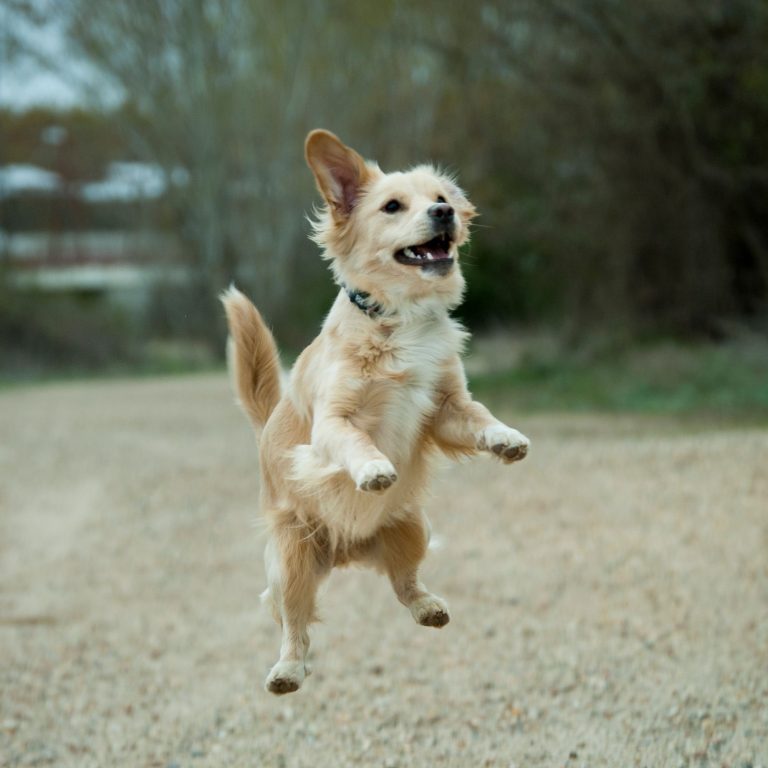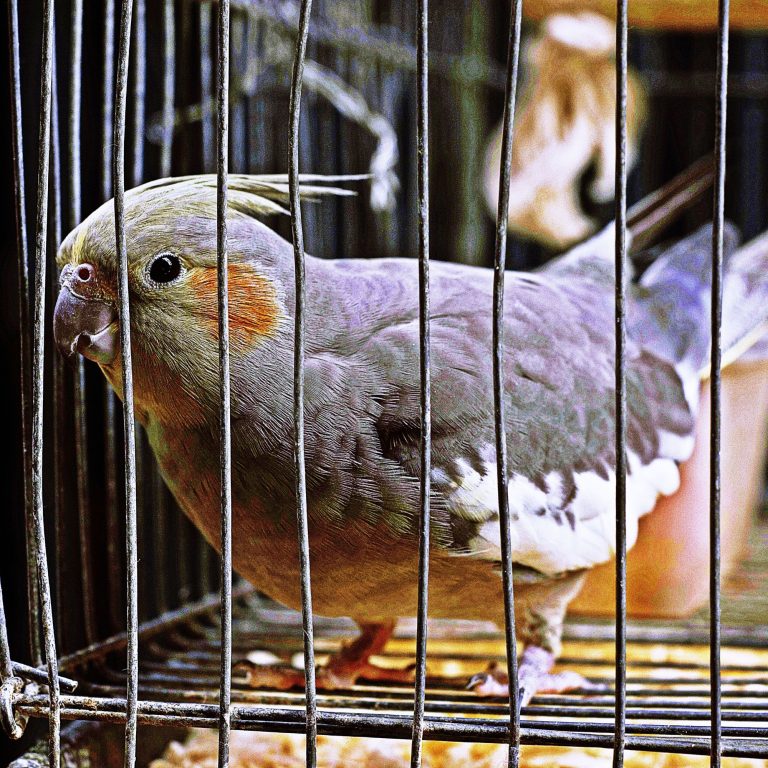Elevate Their Adventures: GPS Tracker for Parrots Explored
Enhancing Your Parrot’s Adventures
If you’re a proud parrot owner, you know how important it is to provide your feathered friend with enriching experiences and a safe environment. One way to enhance your parrot’s adventures is by utilizing a GPS tracker for parrots. These innovative devices offer a range of benefits that can add a new level of security and excitement to your parrot’s life.
The Benefits of GPS Trackers for Parrots
A GPS tracker for parrots can offer peace of mind by allowing you to keep tabs on your parrot’s whereabouts at all times. Whether you’re taking your parrot on outdoor excursions or giving them supervised time to explore indoors, a GPS tracker provides an added layer of security. In the unfortunate event that your parrot escapes or gets lost, you can quickly locate them using the tracking device.
Additionally, GPS trackers can help you gain insights into your parrot’s behavior and preferences. By analyzing the data collected by the tracker, you can learn about your parrot’s favorite spots, flight patterns, and overall activity levels. This knowledge can assist you in creating a more stimulating environment tailored to your parrot’s needs and interests.
How GPS Trackers Work
GPS trackers for parrots utilize global positioning system (GPS) technology to determine the location of your feathered companion. These trackers are typically lightweight and designed to be comfortably worn by your parrot. They use satellite signals to pinpoint the exact location of your parrot and transmit the data to a tracking app or device.
Once the GPS tracker is activated and properly attached to your parrot, it continuously collects location data. This data is then sent to your smartphone or computer via a bird tracking app or a dedicated tracking device. You can access real-time updates on your parrot’s location and track their movements on a map.
It’s important to note that GPS trackers for parrots require a clear line of sight to the sky to establish a reliable connection with the satellites. Therefore, when using a GPS tracker, ensure that it is securely attached to your parrot and that there are no obstructions that could hinder the signal.
By understanding the benefits of GPS trackers and how they work, you can make an informed decision about whether to incorporate this technology into your parrot’s life. In the following sections, we will explore the key features to consider when choosing a GPS tracker for your parrot and provide tips for using them effectively.
Key Features of GPS Trackers for Parrots
When it comes to choosing a GPS tracker for your parrot, several key features are worth considering. These features play a crucial role in ensuring the effectiveness and reliability of the tracker. Here are three important features to look for:
GPS Tracking Technology
GPS tracking technology is at the core of any GPS tracker for parrots. It enables real-time tracking of your feathered friend’s whereabouts through the use of satellites. The GPS tracker receives signals from multiple satellites to determine the precise location of your parrot.
Look for a GPS tracker that offers accurate and reliable tracking, allowing you to monitor your parrot’s movements with confidence. The tracker should provide detailed location information, such as latitude and longitude coordinates, which can be viewed on a bird tracking app or online platform.
Geofencing Capabilities
Geofencing capabilities add an extra layer of security and peace of mind when using a GPS tracker for your parrot. Geofencing allows you to set virtual boundaries or safe zones for your parrot’s activities. If your parrot ventures outside of these predefined boundaries, you will receive an alert, ensuring that you can quickly take action to retrieve your feathered companion.
By setting up geofencing parameters, you can create a safe and controlled environment for your parrot’s adventures. This feature is particularly useful for outdoor excursions or when allowing your parrot to explore in unfamiliar surroundings. Check out our article on parrot locator for more information on geofencing and tracking devices.
Battery Life and Charging
Battery life and charging capabilities are essential factors to consider when selecting a GPS tracker for your parrot. The tracker should have a long-lasting battery that can withstand your parrot’s active lifestyle. Look for a tracker that offers a battery life suitable for the duration of your parrot’s adventures.
Additionally, consider the charging options available for the GPS tracker. Some trackers can be charged using USB cables or have replaceable batteries, while others may require specific charging docks or adapters. Choose a tracker that aligns with your preferences and ensures convenient and reliable charging.
To help you compare GPS trackers for parrots based on their key features, refer to the table below:
| GPS Tracker Feature | Description |
|---|---|
| GPS Tracking Technology | Provides real-time location information of your parrot using satellite signals. |
| Geofencing Capabilities | Allows you to set virtual boundaries for your parrot’s activities and receive alerts if your parrot goes outside of those boundaries. |
| Battery Life and Charging | Considers the battery life of the tracker and the ease of charging, ensuring it aligns with your parrot’s needs. |
By understanding these key features, you can make an informed decision when choosing a GPS tracker for your parrot. Remember to prioritize the safety and well-being of your feathered companion while enhancing their adventures with the right GPS tracker.
Choosing the Right GPS Tracker for Your Parrot
When it comes to selecting a GPS tracker for your parrot, there are several important factors to consider. Ensuring the tracker meets your parrot’s specific needs is crucial for a successful and safe tracking experience. Here are three key considerations to keep in mind: size and weight considerations, durability and waterproofing, and compatibility and user interface.
Size and Weight Considerations
Parrots come in various sizes, so it’s essential to choose a GPS tracker that is suitable for your specific parrot’s size and weight. The tracker should be lightweight and compact, ensuring that it doesn’t cause any discomfort or hinder your parrot’s movement. Consider the dimensions and weight of the tracker to ensure it is appropriate for your parrot’s size.
Durability and Waterproofing
Parrots are active and curious creatures, often venturing into different environments. Therefore, it’s crucial to select a GPS tracker that is durable and waterproof. The tracker should be able to withstand the rigors of outdoor exploration, including exposure to rain and other environmental elements. Look for a tracker with a high IP rating to ensure it is water-resistant or waterproof, protecting it from accidental splashes or rain showers.
Compatibility and User Interface
When choosing a GPS tracker for your parrot, it’s important to consider its compatibility with your devices and the user interface provided. Some trackers require a companion app or software to track your parrot’s location, so ensure that it is compatible with your smartphone or other devices. Additionally, the user interface should be intuitive and user-friendly, allowing you to easily navigate and access the information you need. Consider the available features and functionality of the tracker’s companion app or software to ensure it meets your tracking needs. For more information on bird tracking apps, check out our article on bird tracking app.
To make an informed decision, compare different GPS trackers for parrots based on these considerations. Remember, the right GPS tracker should be appropriately sized for your parrot, durable and waterproof, and compatible with your devices. By choosing the right GPS tracker, you can ensure the safety and well-being of your parrot while enjoying the peace of mind that comes with being able to locate them when needed. For more information on GPS trackers for parrots, check out our article on bird GPS tracker.
Tips for Using GPS Trackers with Parrots
When using a GPS tracker to enhance your parrot’s adventures, it’s important to follow some essential tips to ensure the best experience for both you and your feathered friend. Here are some key considerations for using GPS trackers with parrots:
Proper Fitting and Placement
To effectively track your parrot’s location, it’s crucial to ensure that the GPS tracker is properly fitted and securely attached to your parrot’s body or harness. The fit should be comfortable and not restrict your parrot’s movement. It’s essential to follow the manufacturer’s instructions for fitting the tracker correctly.
When it comes to placement, consider attaching the GPS tracker to a location that minimizes the risk of your parrot accidentally removing it. This could be on a leg band or a specially designed harness. Keep in mind that the tracker should not interfere with your parrot’s natural behavior or cause any discomfort.
Monitoring and Tracking Your Parrot
Once the GPS tracker is fitted and in place, you can start monitoring and tracking your parrot’s location. Most GPS trackers for parrots come with a companion app or software that allows you to view real-time location data on your smartphone or computer.
Regularly check the app or software to ensure that the tracker is functioning correctly and accurately tracking your parrot’s movements. Familiarize yourself with the different features provided by the tracker, such as live tracking, historical location data, and geofencing capabilities.
Geofencing can be particularly useful for setting virtual boundaries within which your parrot can safely explore. If your parrot crosses these boundaries, you’ll receive an alert, allowing you to take prompt action. Learn more about the benefits of geofencing in our article on bird tracking app.
Safety Precautions and Limitations
While GPS trackers can be incredibly helpful in keeping tabs on your parrot’s whereabouts, it’s important to remember their limitations and take necessary precautions for your parrot’s safety.
Firstly, keep in mind that GPS trackers rely on satellite signals for accurate location tracking. In areas with poor or obstructed signal reception, the tracker’s performance may be affected. Additionally, GPS trackers are not foolproof and may experience occasional errors or delays in location updates.
To ensure your parrot’s safety, always supervise outdoor activities, even when using a GPS tracker. The tracker is a tool to assist you in locating your parrot if they go missing, but it should not replace proper supervision and care.
Lastly, be aware of any local regulations or restrictions regarding the use of GPS trackers on birds. Some areas may have specific rules or permits required for using tracking devices on pets or wildlife. Stay informed and comply with any applicable regulations to avoid any legal issues.
By following these tips, you can make the most of your GPS tracker for parrots and provide an extra layer of safety and security for your adventurous companion. Remember to always prioritize your parrot’s well-being and enjoy the peace of mind that comes with knowing their location is just a glance away.







